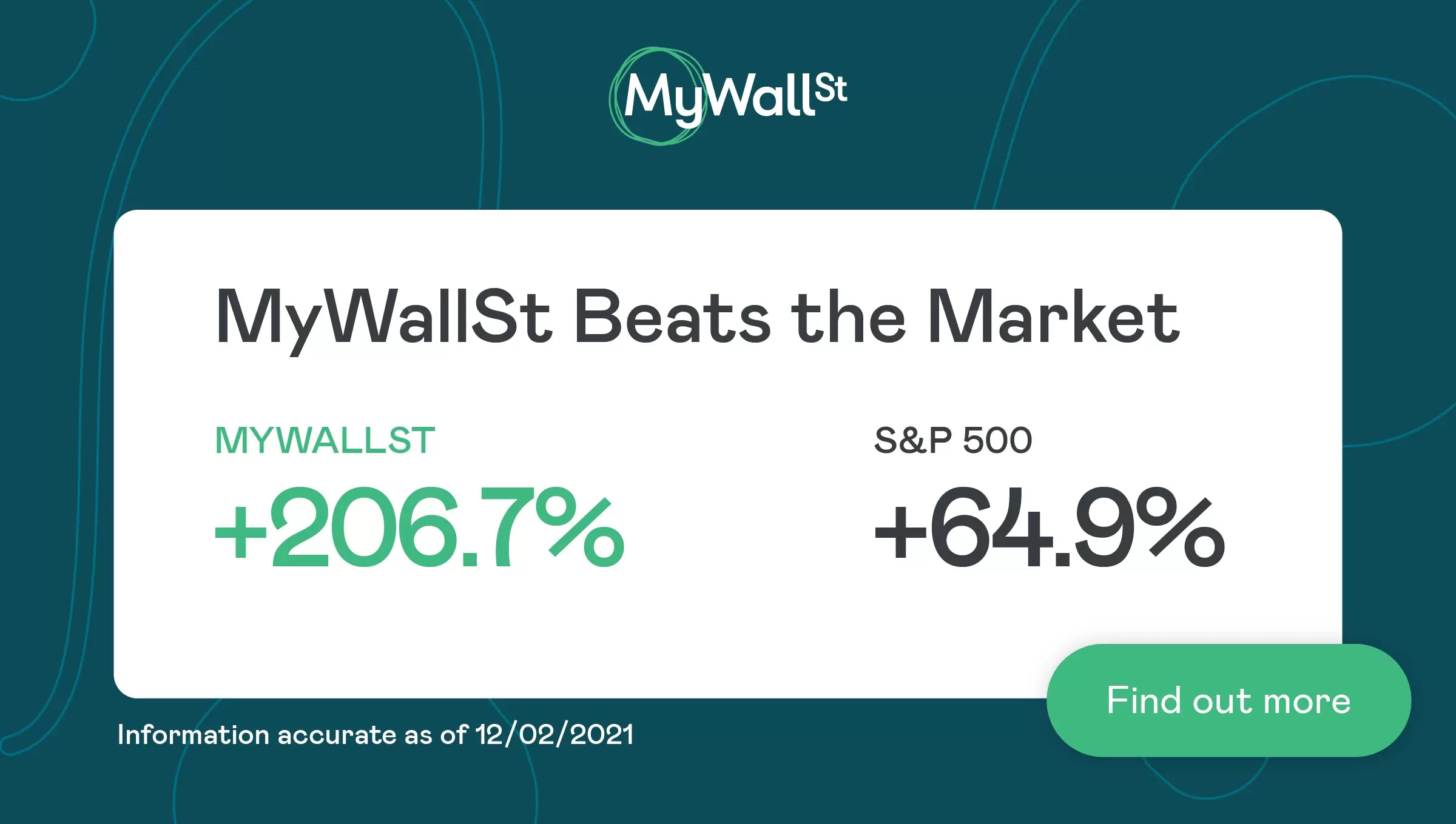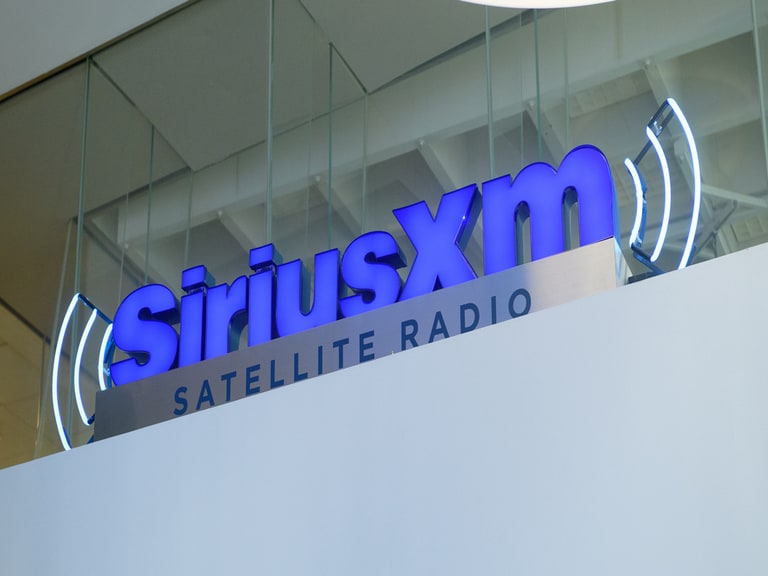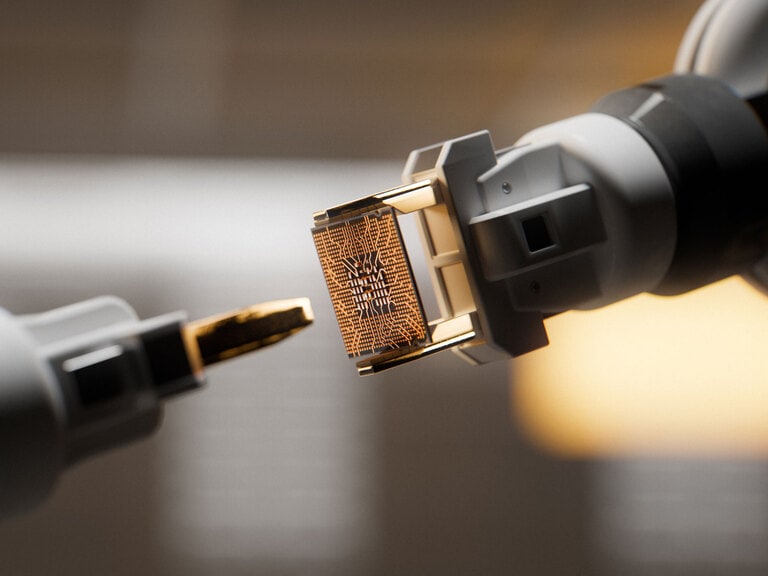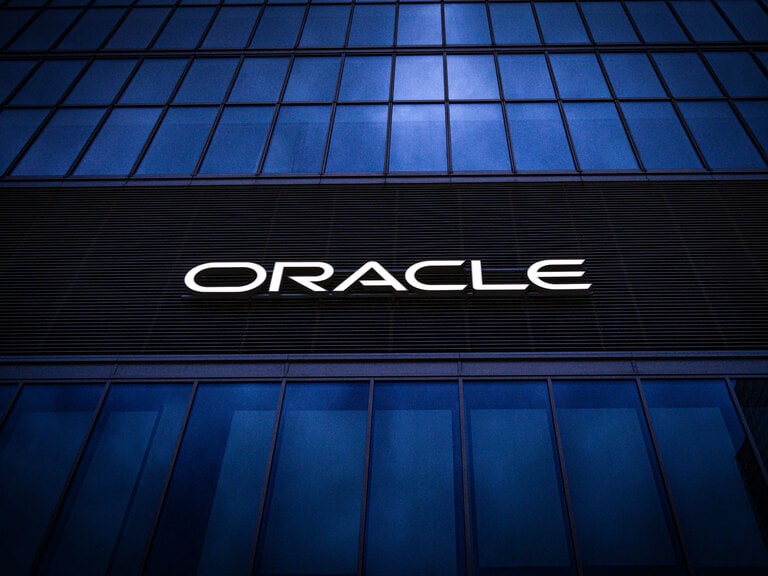Hims & Hers Health Inc. (NYSE: HIMS) went public through a $1.6 billion SPAC deal completed in January 2021. Current CEO Andrew Dudum founded the company in 2017. It provides telehealth services and sells over the counter, prescription drugs, and personal care products online. Hims & Hers’ mission is to eliminate stigmas while providing easier access and care for conditions that affect people’s daily lives.
This article was originally written by MyWallSt. Read more market-beating insights from the MyWallSt team here.
Hims & Hers has impressive financials with $52.3 million in Q1, with revenue growing 75% year-over-year (YoY) and gross margins of 77%. It has also previously stated that it has approximately 91% recurring revenue, which is a good sign for investors due to its predictability. Its customers also like Hims & Hers, with a net promoter score of 65. Many of its competitors in the direct-to-consumer space are private organizations and highly fragmented. We delve into three of its public competitors that operate in the telehealth space.
Teladoc Health
Teladoc Health (NYSE: TDOC) is an American telehealth and virtual healthcare company and is the largest player in the space with 52 million members. It estimates that the telehealth space will grow at a 38% compound annual growth rate over the next five years, leaving a massive opportunity for growth. However, the stock has struggled since its merger with Livongo and is down roughly 22% year-to-date.
In Q1 2021, Teladoc reported revenue growth of 151% YoY to $454 million with a gross margin of 67.8% and 3.2 million visits. However, it is unprofitable, reporting a net loss of $199.6 million, growing significantly primarily due to an increase in stock-based compensation. It also raised guidance and is forecasting revenue from $1.97 billion to $2.02 billion. Teladoc is also loved by its customers, with a net promoter score of 95.
Teladoc has also found that 76% of consumers are now interested in virtual care compared to 11% pre-COVID-19. CEO Jason Gorevic believes that telehealth is not just a short-term phenomenon and is an acceleration of an existing trend. Gorevic stated that COVID-19 has accelerated the telehealth market “by four or five years”.
The acquisition of Livongo also creates an added dimension with the management of chronic conditions, which 40% of U.S. adults live with. An increasing number of visits are from non-infectious diseases and demonstrates that telehealth is here to stay. In addition, Teladoc now offers a full suite of products with greater than 15% of chronic care members enrolled in more than one product and demonstrates the synergies of the acquisition.
Amwell
Amwell (NYSE: AMWL), formerly known as American Well, is a telemedicine company founded backed by Alphabet and went public in 2020. Amwell is one of the smaller competitors in the space with a market cap of $3.3 billion and provides telemedicine solutions.
Amwell was founded by brothers Ido and Roy Schoenberg, who serve as the chairman and president, respectively, and co-CEO. The brothers own a considerable stake in the business, which is a positive sign for investors.
In Q1 2021, total visits on the platform were 1.6 million representing 120% growth. Revenue grew to $57.6 million, an increase of 6.5% YoY with a gross margin of 38%, and subscription revenues made up 43% of this. Despite this, its net loss also increased from $25.2 million, compared to $39.8 million.
Amwell provides telehealth solutions to over 2,000 hospitals and health systems and 81,000 providers, including partnerships with brands such as Philips and tech giant Apple for a heart study. Amwell has also developed a platform called Converge, which is designed to incorporate the clients’ comprehensive solutions in one place and is also designed to host third-party apps. Converge will increase its total addressable market through expanded partnerships and optionality, according to management.
Amazon
Amazon is well-known for its e-commerce offerings but has made strides into the healthcare space in recent years. However, it hasn’t all been plain sailing and ended its joint venture in healthcare Berkshire Hathaway and J.P Morgan Chase & Co.
In 2018, Amazon entered the space with its acquisition of PillPack, a full-service pharmacy that delivers to your door. Amazon has also expanded its app-based services of Amazon Care across the U.S in the Summer of 2021. This provides both virtual and in-person care and facilitates remote video chat with physicians, which were previously only available for its workers in Washington. Both Amazon Care and PillPack complement each other.
Amazon has the financial strength to enter the industry, along with its logistics network, computing, and other resources, which should enable it to compete.
MyWallSt gives you access to over 100 market-beating stock picks and the research to back them up. Our analyst team posts daily insights, subscriber-only podcasts, and the headlines that move the market. Start your free trial now!
Continue reading for FREE
- Includes free newsletter updates, unsubscribe anytime. Privacy policy






